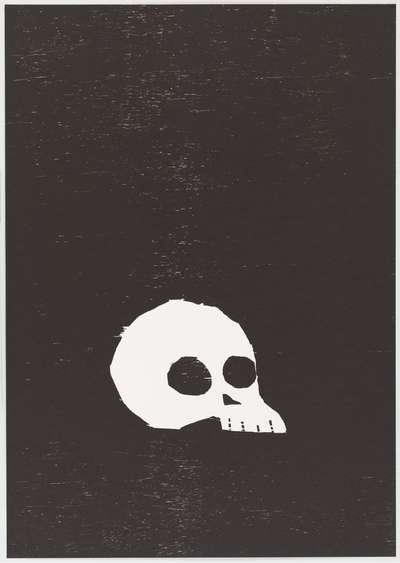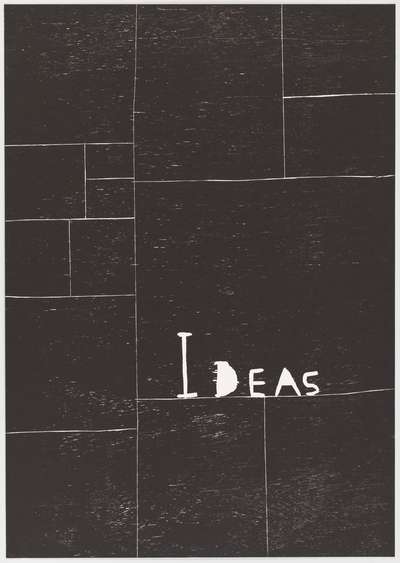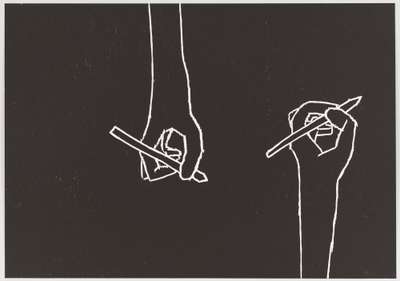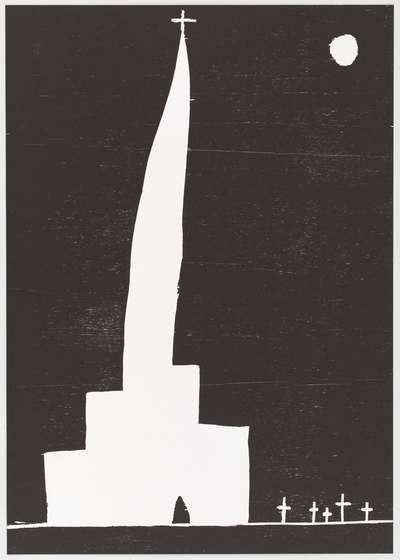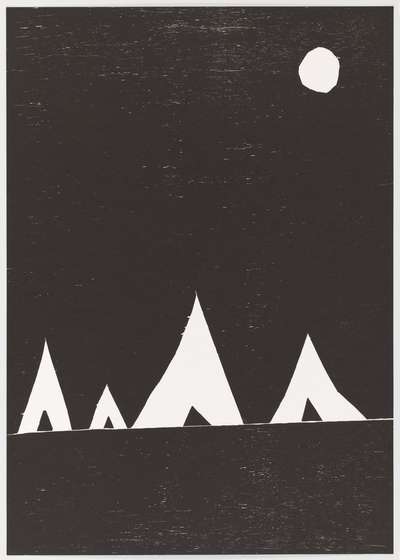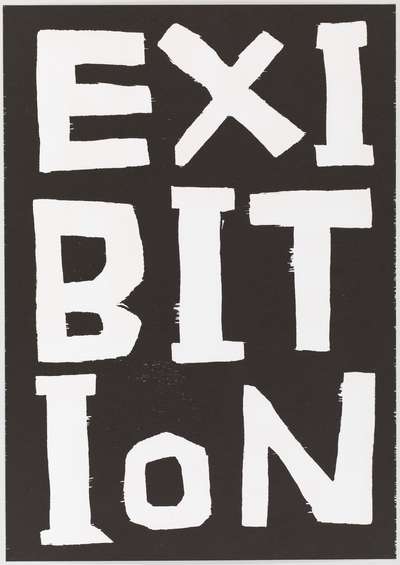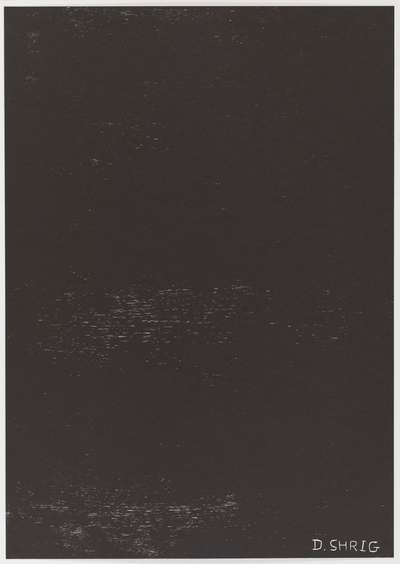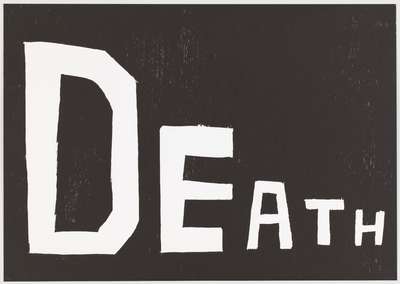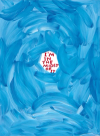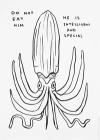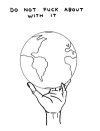Ten
Woodcuts
David Shrigley's Ten Woodcuts (2008) portfolio collects ten striking, monochrome woodcut prints. Each artwork showcases Shrigley's deliberately child-like playful style while bearing an undertone of humorous existentialism, as he captures such motifs as a graveyard, skull, and spoon.
David Shrigley Ten Woodcuts For sale
Ten Woodcuts Market value
Auction Results
| Artwork | Auction Date | Auction House | Return to Seller | Hammer Price | Buyer Paid |
|---|
Sell Your Art
with Us
with Us
Join Our Network of Collectors. Buy, Sell and Track Demand
Meaning & Analysis
David Shrigley's woodcut print portfolio, Ten Woodcuts, was produced in 2008 in a small edition of 20. Through ten meticulously crafted artworks, Shrigley unveils his distinct artistic style characterised by dark humour and a keen observation of life's absurdities. The woodcut prints in this portfolio demonstrate Shrigley's exceptional skill and attention to detail. The artist's love of playful, simplistic line drawings and block colouring translates beautifully into woodcut prints, with their monotone colouring enhancing the visual impact of Shrigley's visual narratives, drawing viewers into his whimsical and often surreal world.
Humour plays a significant role in Ten Woodcuts, as in much of Shrigley's work, offering a playful entry point into his exploration of existential themes. His darkly comedic observations, conveyed through both imagery and accompanying text, include prints that feature the words “DEATH” or “MEANINGLESSNESS” in large lettering, or iconic representations of skulls and graveyards. The playful unsettling juxtaposition of Shrigley's comically childish lettering - often growing smaller as the word progresses, as though he has run out of space - and his dark theme, invites us to find humour in existentialism.
Indeed, the absurdity of Ten Woodcuts is heightened by the fact that, alongside morbid imagery such as a graveyard or a skull, Shrigley includes more incongruous representations: a spoon or a camp with a moon or sun hanging in the sky above. This cryptic combination leads us into the eccentricity of Shrigley's mind and suggests a not altogether negative view of life's absurdity - one in which everyday objects or scenes act as talismans of meaning and counter Shrigley's existential dread.
Ten Woodcuts is a compelling invitation to embrace the inherent absurdities of existence and find solace in the shared experience of being human. Shrigley's prints serve as mirrors, reflecting back to us the complexities and contradictions of our own lives. By weaving humour and dark introspection, he encourages us to laugh, question, and ultimately appreciate the rich tapestry of the human experience.

